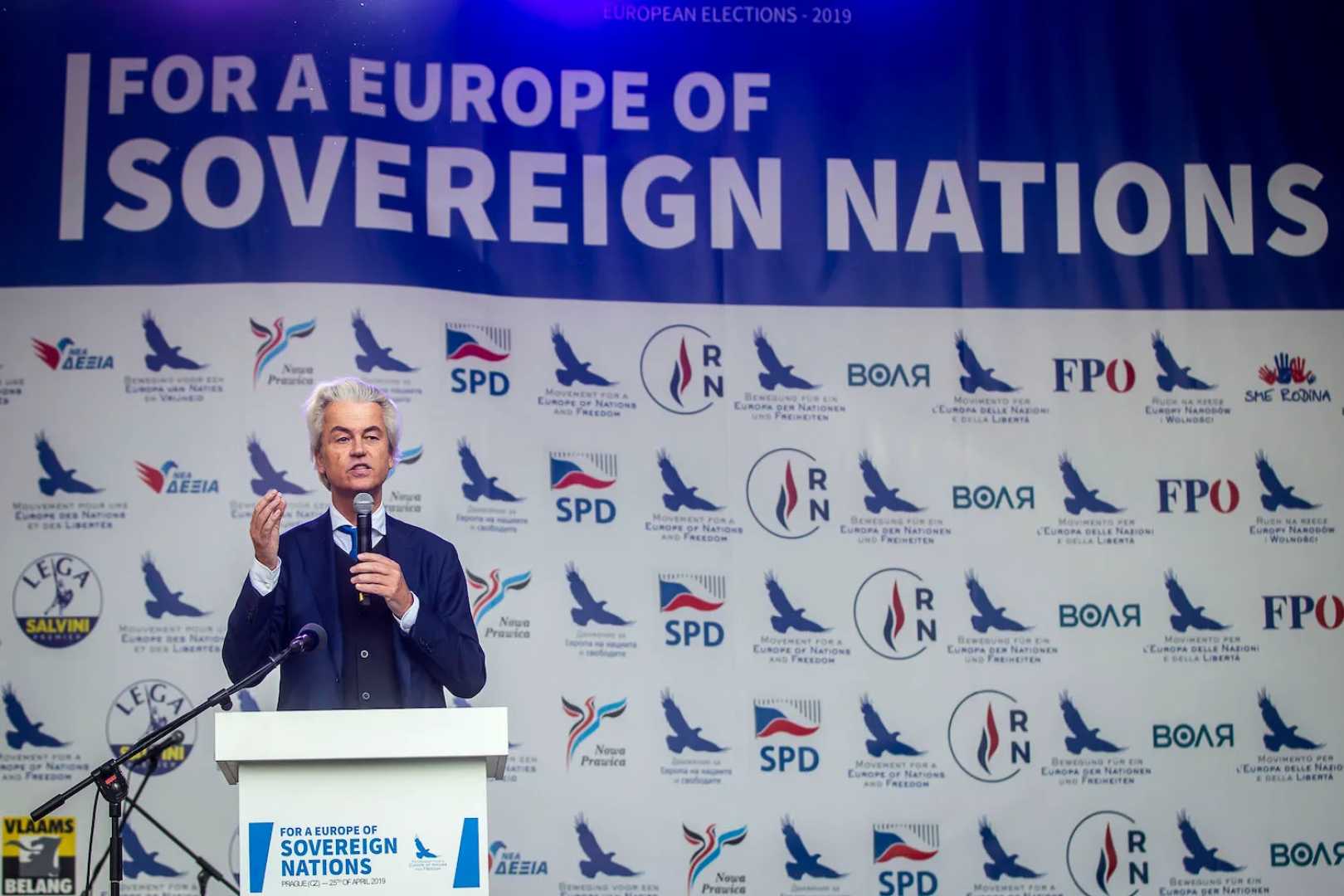Politics
Geert Wilders Advocates for National Sovereignty in EU Decisions

Dutch populist leader Geert Wilders has characterized the European Union as a “monster” that should not be granted additional decision-making authority by its member nations.
During an interview with CNBC, Wilders expressed his opposition to the notion of EU-wide taxation and further political integration. He emphasized that Europe requires reduced integration rather than an increase in it.
“If you give it more power, they only want more and they won’t give it back,” Wilders stated on Sunday. He argued that the foundational economic cooperation of the EU has evolved into an entrenched political integration among its 27 member states.
Wilders asserted that it is essential to reclaim certain powers and responsibilities, especially regarding immigration. “I believe that the majority of the decision-making should be in the nation-state and the national parliaments,” he added.
His party, the Party for Freedom (PVV), has gained significant traction in recent years, ultimately winning 35 seats in the 150-seat Dutch House of Representatives. This rise in popularity has necessitated the PVV to seek coalition partners to establish a majority government.
Following negotiations, a coalition was formed, with Dick Schoof, the former head of the Netherlands’ intelligence service, appointed as Prime Minister, while Wilders agreed not to assume the role of prime minister.
Despite having previously advocated for a Netherlands exit from the EU, Wilders now recognizes that such a move, termed “Nexit,” is no longer feasible. Instead, he calls for an “opt-out” policy regarding EU-wide asylum regulations.
Additionally, Wilders has indicated that his party will pursue a stricter admission policy related to immigration. “It’s very important to try to toughen up our borders, but at the end of the day, we have to do it nationally,” he asserted.
Wilders stressed that a nation must determine who is welcome within its borders, yet he did not provide specific details regarding his proposed opt-out system.
As populist and nationalist parties gain traction throughout Europe, they contend that the EU has not adequately addressed what they describe as a migration crisis. These parties argue that the public’s increasing support for their platform reflects a desire for politicians to prioritize national security, healthcare, education, jobs, and housing.
While critics assert that these parties threaten European unity and integration, they point to declining birth rates in many European nations, suggesting a need for migrant workers to support the economy.
In response to the pushback from member states concerned about immigration, the EU has continued to navigate the complexities of democratic choices alongside the rising euroskeptic sentiment.












